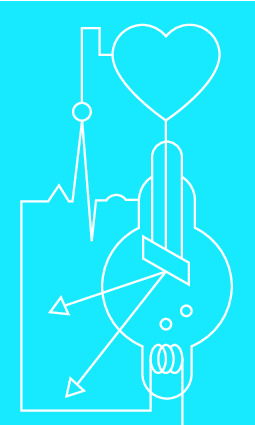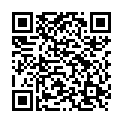|
|
|
| Module code: BMT2580.TDO |
|
2V (2 hours per week) |
|
2 |
| Semester: according to optional course list |
| Mandatory course: no |
Language of instruction:
German |
Assessment:
[updated 14.05.2025]
|
BMT1580 Biomedical Engineering, Bachelor, ASPO 01.10.2013
, optional course, non-medical/technical
BMT2580.TDO Biomedical Engineering, Bachelor, ASPO 01.10.2018
, optional course, non-medical/technical
BMT2580.TDO Biomedical Engineering, Bachelor, SO 01.10.2025
, optional course, non-medical/technical
E1580 (P200-0024) Electrical Engineering, Bachelor, ASPO 01.10.2012
, optional course, non-technical
KI655 (P200-0024) Computer Science and Communication Systems, Bachelor, ASPO 01.10.2014
, semester 6, optional course, non-technical
KIB-TDOK (P200-0024) Computer Science and Communication Systems, Bachelor, ASPO 01.10.2021
, semester 6, optional course, non-technical
KIB-TDOK (P200-0024) Computer Science and Communication Systems, Bachelor, ASPO 01.10.2022
, semester 6, optional course, non-technical
MAB.4.2.1.2 (P200-0024) Mechanical and Process Engineering, Bachelor, ASPO 01.10.2013
, semester 5, optional course, not informatics specific, course inactive since 19.08.2021
MST.TDO (P200-0024) Mechatronics and Sensor Technology, Bachelor, ASPO 01.10.2012
, semester 6, optional course, non-technical
MST.TDO (P200-0024) Mechatronics and Sensor Technology, Bachelor, ASPO 01.10.2019
, semester 6, optional course, non-technical
MST.TDO (P200-0024) Mechatronics and Sensor Technology, Bachelor, ASPO 01.10.2020
, semester 6, optional course, non-technical
PIBWN65 (P200-0024) Applied Informatics, Bachelor, ASPO 01.10.2011
, semester 5, optional course, not informatics specific
PIB-TDOK (P200-0024) Applied Informatics, Bachelor, ASPO 01.10.2022
, semester 4, optional course, not informatics specific
PIB-TDOK (P200-0024) Applied Informatics, Bachelor, SO 01.10.2026
, semester 4, optional course, not informatics specific
MST.TDO (P200-0024) Mechatronics and Sensor Technology, Bachelor, ASPO 01.10.2011
, semester 6, optional course, non-technical
|
30 class hours (= 22.5 clock hours) over a 15-week period.
The total student study time is 60 hours (equivalent to 2 ECTS credits).
There are therefore 37.5 hours available for class preparation and follow-up work and exam preparation.
|
Recommended prerequisites (modules):
None.
|
Recommended as prerequisite for:
|
Module coordinator:
Dipl.-Ing. Irmgard Köhler-Uhl |
Lecturer: Dipl.-Ing. Irmgard Köhler-Uhl
[updated 15.03.2021]
|
Learning outcomes:
After successfully completing this module, students will be capable of examining and checking technical texts. They will be able to analyze different kinds of texts based on their target group intentions. The influences of text design will be illustrated and structures for easier text creation will be learned. The documentation of research and work findings, including how to handle quotations and Internet sources, their identification in texts and the creation of a bibliography will enable students to create technical/scientific texts more efficiently.
[updated 26.02.2018]
|
Module content:
1 Text design in standards, guidelines and laws
2 Rules for technical texts
3 Operating instructions
4 Abstracts/text summaries
5 Comprehensibility of texts
6 Business correspondence
7 Notes, transcripts, minutes, reports
8 Structure and numbering of texts
9 Citation rules
10 Bibliography
11 Time management for the creation of longer texts
[updated 26.02.2018]
|
Recommended or required reading:
Lecture notes
[updated 13.03.2007]
|


